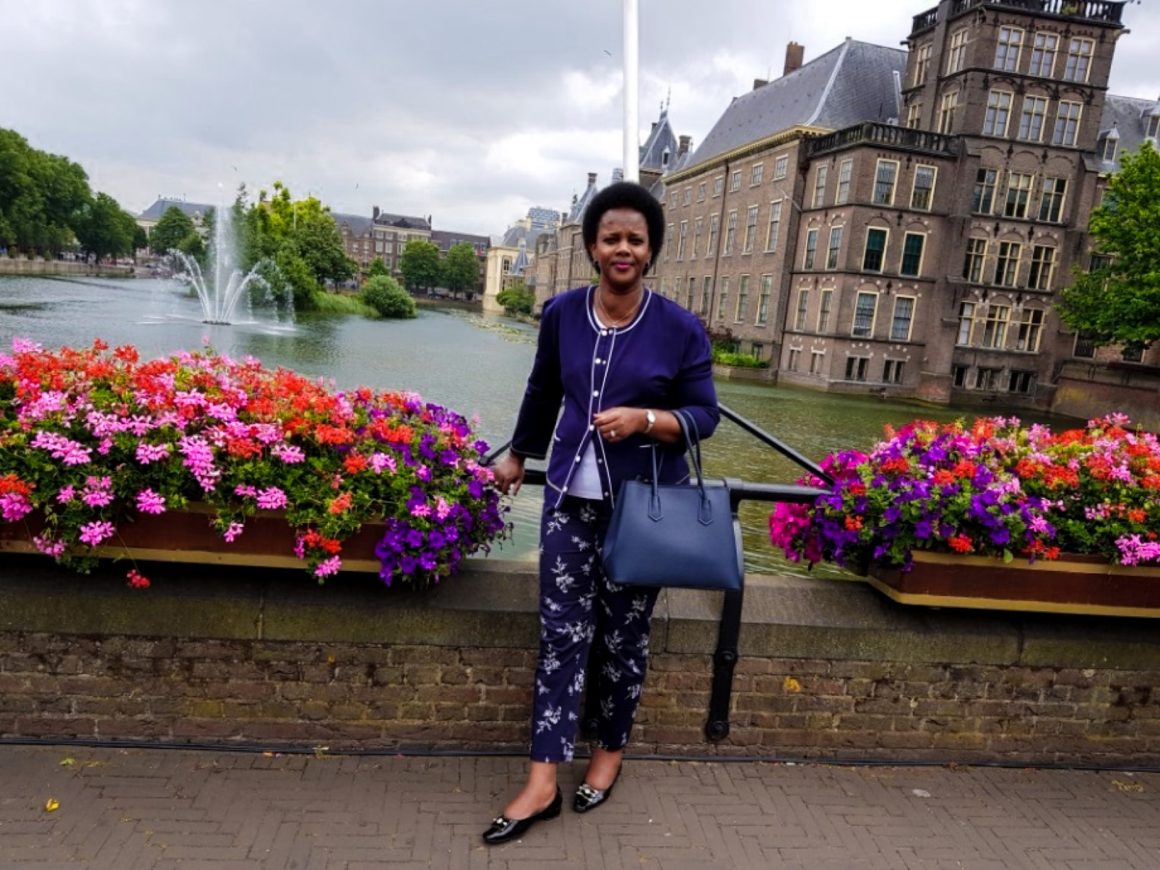Tell us about yourself, what do you do in health?
Following the 1994 Genocide against the Tutsis in Rwanda and the end of the Civil War, I was amongst the first waves of Rwandans who decided to return home. I joined the National University as a lecturing Medical Biologist, where I witnessed the devastating effects of TB and HIV/AIDS on Rwanda’s population, especially the youth. Many suffered, withered slowly and died while I and my colleagues watched on helplessly. Once I decided to specialize, I reckoned diagnostic of TB and HIV the critical skills that would help build my country’s capabilities. Thus, I completed first a Masters, and then a PhD in Microbiology and Pharmaceutical.
In addition to my scholarly pursuit, I was involved with Rwanda MOH to build the national reference laboratory’s capacities for diagnostic of TB and HIV from 2000 to 2012. In 2009, I was one of many to appear in Who’s Who in Medicine and Health Care, before becoming a fellow of Harvard School of Public Health in 2010. Awarded the Woman of the Year 2012 by the American Biographical Institute before joining MSH in April of that year. MSH is an organization with broad experience spanning more than 40 years in health systems strengthening, with a particular focus on laboratory management, introduction and implementation of new TB/HIV diagnostics and research capabilities. With MSH, I lead efforts that increase management and functioning of laboratory services and diagnostic introduction in supported Low and Middle-Income Countries. As part of our efforts for laboratory capacity building in Africa and across the World, I am determined to be part of the fight against TB and HIV with the hope to see to their eventual elimination. I have been involved in many research activities with several peer-reviewed publications particularly related to the situation of TB/HIV and drug resistance in Rwanda and other sub-Saharan countries.
What are you most proud of? What are some of biggest challenges you have faced? How did you overcome them? What are some of the lessons learned?
I’m humbly blessed to have successfully combined my professional and family lives, I am proud to have people around me supporting my dream and work. Also, I am proud to work in an organization that empowers women which makes it easier to handle some of the of the difficult choices we make.
Which one thing do you wish you’d done differently?
If I ever have the chance of a once-over, I would’ve liked to become a pediatric doctor and take care of children, especially in a humanitarian capacity. As a child, pediatric medicine had been my ‘dream job’ and I still think it could have been a path that would have taken me far and blossom into a successful career.
What are some of biggest challenges you have faced? How did you overcome them? What are some of the lessons learned?
Working as part of MSH and covering such a large variety of countries in Africa and Asia, while traveling to additional destinations in America and Europe for conferences and other such events, has made balancing my professional and family lives quite complicated and frankly, tiring. This is a challenge I reckon most families in the globalized world struggle with, one that is both constant and demands some form of creativity to overcome. Additionally, my husband is also a medical practitioner (Orthopedic Surgeon) and has an equally demanding work schedule in terms of traveling and strenuous commitments.
While these are challenges I have to constantly face, they do not subtract anything from the moments I actually spend with my children, two young men and their younger 9-years old sister, and my husband. Nor do they make these trips any less worthwhile, instead they’ve made me appreciate the moments spent at home more. One of the things we have always tried to do once or twice a year has been to do tourist caps and visit this country, South Africa, and its many attractions for a family. These trips to family-favorite Cape Town, amongst others, and are less frequent visits back to Rwanda have made those moments away from the family a bit more bearable. A lesson I have learned and internalized ever since my time away and whilst in Europe, is the importance of family and the time spent with them. Family is everything for me.
Women’s contribution to health in Africa is primordial to a successful campaign to eradicate many of the ills we currently face.
What are some of the opportunities you see for women in health on the African continent?
Women’s contribution to health in Africa is primordial to a successful campaign to eradicate many of the ills we currently face, they are the basis of most African families and communities. Coupled with increased numbers of African female graduates in universities both in Africa and abroad, will eventually return women to their central position in the provision of all levels of healthcare in Africa.
What advice do you have for other women in health?
In her iconic work The Fountainhead, Russian -American novelist Ayne Rand wrote” To say I love you”, one must first know to say the ”I”. The way to empowering or connecting with anyone else lies first through oneself and awareness of one’s own identity. The women of Africa have learned that lesson and the future of this continent depend on its own citizens, particularly women. Let’s stand up for our continent, our countries and our communities, it is the only way forward that will eradicate the ills we face and help Africa to the front of the ‘pack’.


Leave a Reply